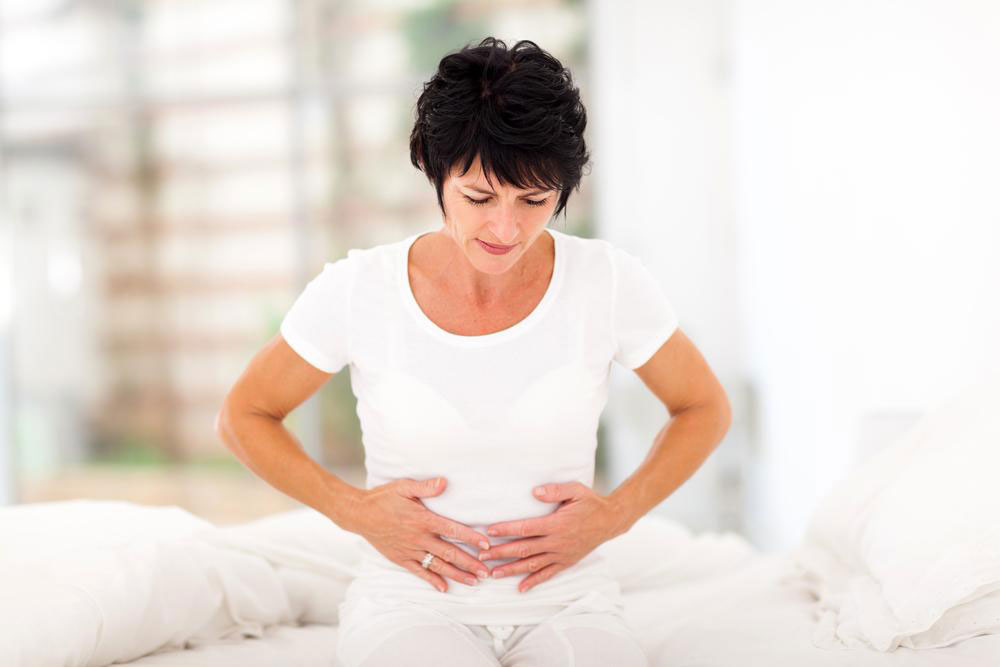Understanding Menopause: A Natural Transition in Women’s Lives
Menopause is a natural aging process in women, signaling the end of fertility. This transition involves hormonal changes, irregular periods, and symptoms like hot flashes, which vary among individuals. Factors like lifestyle, surgeries, and health can influence its onset and intensity. Understanding menopause helps women manage this life stage confidently and healthily.
Sponsored

Menopause is a natural stage in a woman's life, marking the end of her reproductive years. From birth, girls are born with a limited number of ovarian eggs. During puberty, hormonal shifts trigger the development of mature eggs, leading to monthly ovulation and menstruation. The menstrual cycle involves the shedding of the uterine lining when fertilization doesn’t occur, resulting in periods. Menopause occurs when a woman has gone without a period for a year, usually between ages 49 and 52, signaling the end of ovulation. Symptoms like hot flashes, irregular cycles, and mood swings are common during this transition, which varies among individuals. Factors such as smoking, surgeries, or chemotherapy can influence its timing and severity. Overall, menopause is a natural phase characterized by hormonal adjustments, with many women experiencing manageable symptoms.






